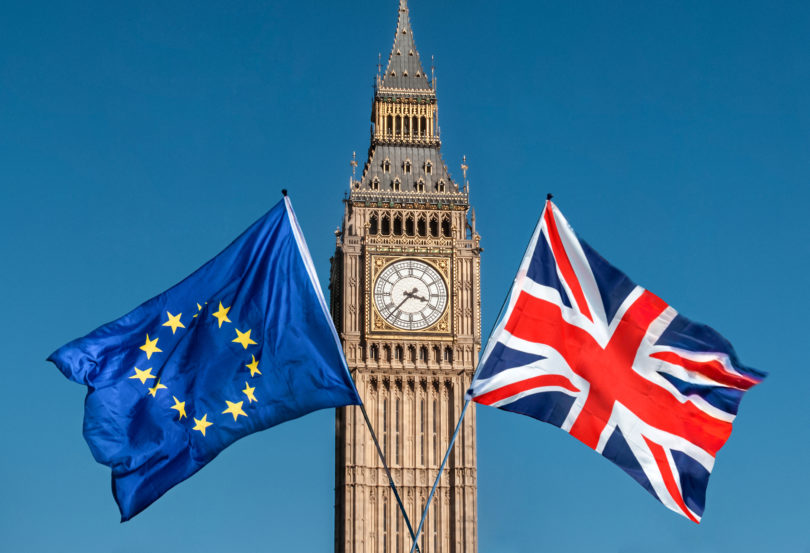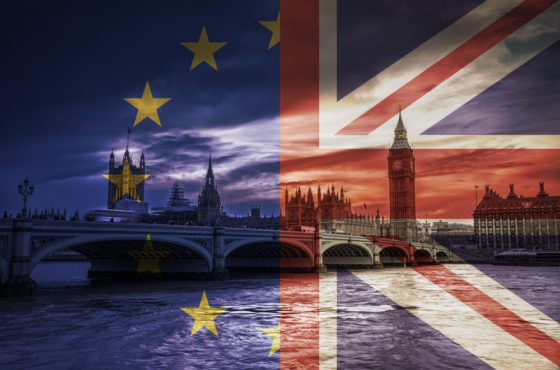What could a no deal Brexit mean for investors?
At the time of writing, the UK Parliament is prorogued, and won’t sit again until 14 October 2019. With the deadline for leaving the EU set at 31 October 2019, this gives Prime Minister Boris Johnson just a few weeks to finalise a course of action.
The Prime Minister has been vocal in his support for leaving the EU at the end of October, with or without a deal. Furthermore, he commits to leave by any means necessary, a move he deems “do or die”.
This means that the possibility of a no-deal Brexit is still on the table, as Mr Johnson has just five weeks to negotiate a deal. Either way, the business and investment sectors are waiting to see what Brexit will mean for them.
Could a no-deal or hard Brexit be good for investors?
Whether the UK leaves the EU with either a ‘hard Brexit’ or a no-deal Brexit, investors are dealing with uncertainty for the foreseeable. However, either of these options could mean a boost for their investment portfolios.
Some investment experts believe that a no-deal Brexit will increase the value of larger-company stocks. For example, Laith Khalaf from Hargreaves Landsdown tells the Telegraph that a chaotic Brexit will lead to a weak pound. This will boost the value of shares in international blue-chip companies.
The pound has been falling since the Referendum decision in June 2016 and is particularly weak against the US dollar and the Euro. So far, this has proven to be good news for investors with holdings managed through American funds, for example. Businesses in the FTSE100 obtain most of their overall earnings from overseas, and therefore are considered to be ‘global businesses’. A weak pound is therefore also to their advantage.
Should a no-deal Brexit take the UK out of the EU, it is likely the pound will continue to fall in value against the Euro and the US dollar. Investors with holdings in income and growth funds will therefore find this helps their stocks.
However, gains made by big companies will more than likely only be short-term. The wider economic picture and global inflation have more impact on market selloffs than Brexit alone. In the UK, Brexit continues to dominate headlines, but the UK is just a part of a much bigger economic picture, and investors should always look at the overarching economic status.
Sort the hype from the reality
Media-hyped sentiment is dictating the narrative of Brexit, and this makes it difficult to keep an eye on the investment reality. The reality is that the UK is one of the cheapest markets in the developed world, and investors must keep the concerns surrounding Brexit in perspective.
Recent valuations show that the UK’s cyclically adjusted price to earnings ratio (CAPE) is 16.5, making it better value to investors than most other countries. The UK is also undergoing the lowest unemployment figures for years, with relatively high levels of manufacturing output. Last year, the UK attracted more overseas investment than Germany and France combined. All of this shows the relative strength of the UK’s position as an investment hotspot, despite Brexit concerns.
Is the media fuelling consumer anxieties?
The media consistently uses terms such as “cliff edge” and “crashing out” when describing Brexit. This is understandably fuelling worries about the economic implications of the UK leaving the EU with no deal and therefore be dependent on World Trade Organisation (WTO) terms.
Despite the concerns, there is no straight-forward analysis to show exactly what the economic effects will be. Rather, there is circumstantial evidence that shows the UK will most likely be able to trade successfully with the rest of the world after Brexit.
Investment is always about comparative advantage, and WTO tariffs don’t change the fact that the UK has competitive tax rates, flexible labour markets and a financially sound business sector.




